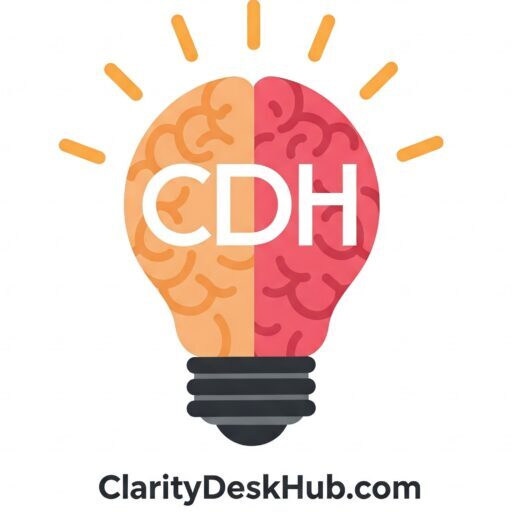What is History
Imagine you’re watching a long, fascinating movie—not a fictional one, but a real one—where the characters are actual human beings who walked this earth, lived their lives, faced challenges, made decisions, created empires, fought wars, wrote poetry, built temples, and shaped the world we live in today. That, my dear friends, is History.
History is Not Just About Dates and Wars
Often, people think history is nothing but a long list of dates, kings, and battles. But this is a very limited and mechanical view.
In reality, history is a story of human life. It’s a narrative—“itihasa”—of how people lived, how they ate, how they built their homes, how societies formed, how they believed in different gods, how they governed, and how knowledge evolved over centuries.
Think of it like this: If Sociology tells us how society functions today, History tells us how it came to be.
History is About the Present, Too
A common misunderstanding is that history belongs to the past. But in truth, history and the present are deeply interconnected.
Let me explain: the way our villages, towns, cities, caste system, languages, political institutions, even festivals exist today is because of the events that unfolded in the past.
If today India is a democracy, that has roots in the colonial experience and our freedom struggle.
If we cultivate crops and build houses a certain way, it’s because agriculture and architecture developed a certain way historically.
So, when you study the Neolithic Revolution, the invention of iron tools, or the rise of urban centres like Harappa, you’re not reading about “dead people”; you’re understanding the birth of the world around you.
“What Use is History?” — The Common Criticism
Now, many people ask a blunt question: “Bhai, history padhke kya milega?”
Can it end poverty? Can it create jobs? Can it boost the economy?
And honestly, these are fair questions. But they come from a very superficial understanding of education itself.
Just like we don’t ask a poet to build bridges, we shouldn’t expect history to manufacture jobs directly.
But let me ask you: Can a country plan for the future without understanding its past?
Would a doctor ignore medical history while treating a disease?
Would a diplomat handle Indo-China relations without understanding their historical tensions?
History doesn’t offer jobs—but it builds perspective.
And this perspective is crucial in governance, policymaking, international relations, and even in understanding social harmony.
The Real Value: Lessons from the Past
Here’s where history becomes truly powerful. It teaches us what to avoid and what to pursue.
From world wars, we learn how unchecked nationalism and arms race can destroy millions.
From the caste system, we learn how discrimination can create centuries of injustice.
From King Ashoka, we learn how even a warrior emperor can turn into a symbol of peace and tolerance.
In his Rock Edicts, Ashoka talks about Dhamma—respecting elders, treating servants with kindness, and promoting religious harmony.
These values are timeless. Even in 21st-century India, this is what we need.
History is not a burden of the past—it is a guiding light for the future.
✅ So Guys, please remember:
- History ≠ Just Names & Dates → It is the story of human civilization.
- Past ≠ Dead → Past directly shapes the present.
- Not Useless → History develops insight, critical thinking, and perspective for nation-building.
- Moral Lessons → From kings and kingdoms, we learn values for modern governance and society.
So, whenever someone says, “Why study History?”, you can confidently say:
“We study History not to escape the past, but to better understand the present—and shape a wiser future.”

One Comment